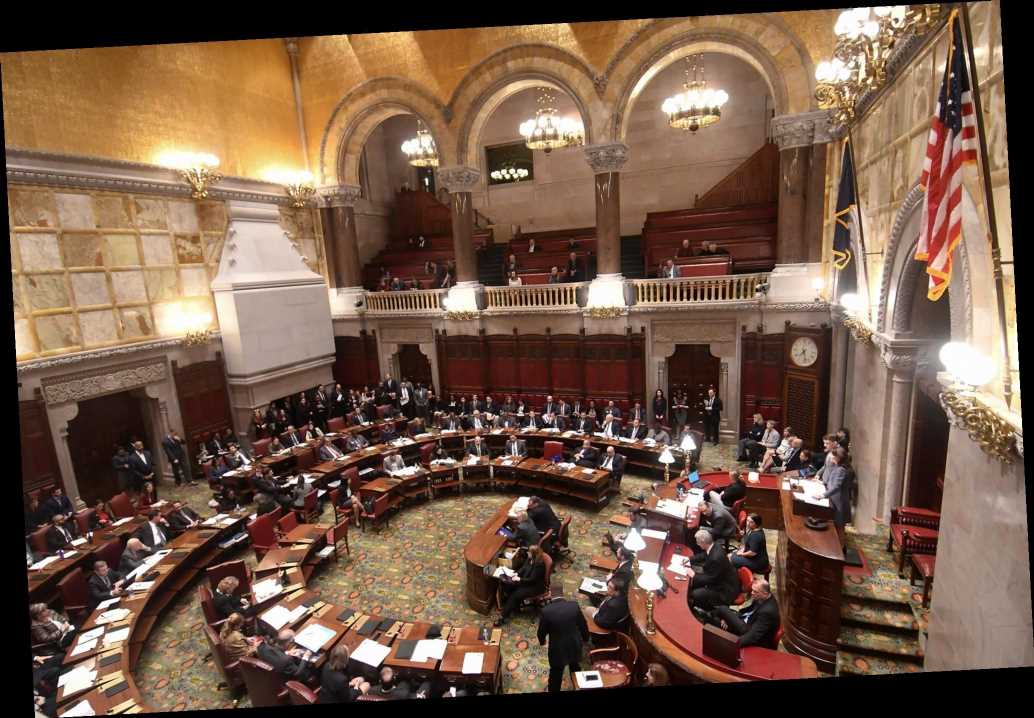Amid the coronavirus pandemic, victims of childhood abuse now have an additional five months to file lawsuits under New York Child Victims Act, which was slated to close out this summer, officials announced Friday.
The CVA, which was passed last year, opened a one-year look back period for victims to bring claims that had already passed outside of the statute of limitations.
The expiration date was set for Aug. 14. But Governor Andrew Cuomo announced Friday that the deadline would be extended until Jan. 14, 2021, as state courts stopped excepting new cases in March.
“Because of the reduction in court services due to the virus, we are extending that window for an additional five months until January 14th to ensure survivors have the access to the courts that they need to file a claim and get the long-overdue justice they deserve,” Cuomo said in a statement.
Democratic state senator Brad Hoylman — who spearheaded the push for a full year extension — said, “As the unemployment rate spikes above 14%, it’s unreasonable to expect survivors of child sexual abuse to do the emotional and legal work necessary to file CVA lawsuits while simultaneously fighting to pay rent and put food on the table.”
Some 1,700 cases have been filed under the CVA in state courts since the look back period opened last August, according to state courts spokesman Lucian Chalfen.
The CVA has helped dozens of Jeffrey Epstein victims file lawsuits against his estate and against others allegedly involved in the abuse.
Countless lawsuits have been filed against large institutions for allegedly enabling children to be abused under their watch including against the Catholic Church and Boy Scouts of America.
Jordan Merson, a lawyer who handles around 200 CVA cases, told The Post the extension is “fair and just given that child sex abuse victims have not had access to the courts during the COVID-19 shutdown.”
Merson, who also represents nine women who have sued Epstein’s estate over sex abuse claims, added “The sexual abuse victims of Epstein who have not come forward because they were afraid or unaware that they could, now know they have access to the New York justice system after the COVID shutdown ends.”
Source: Read Full Article
